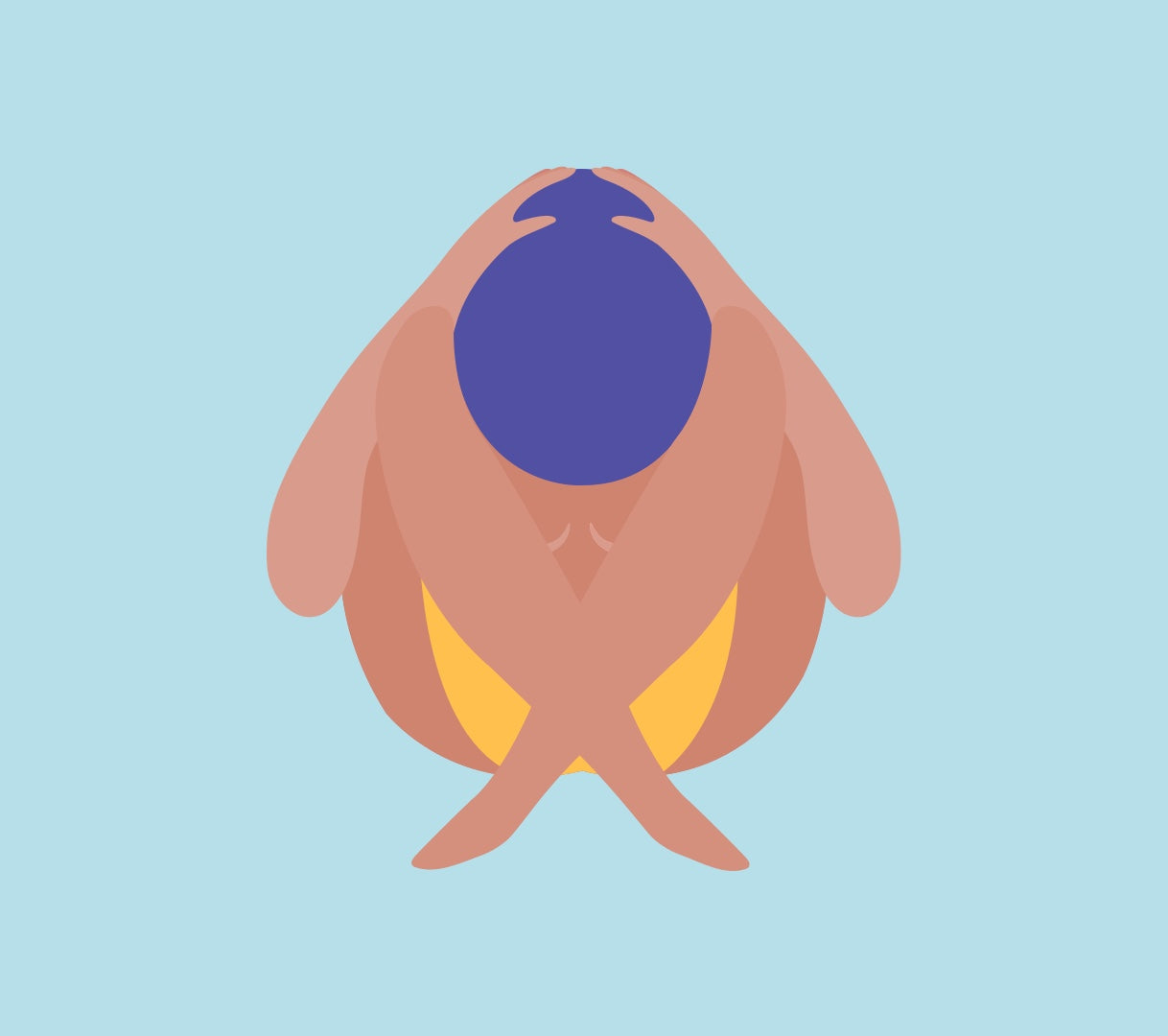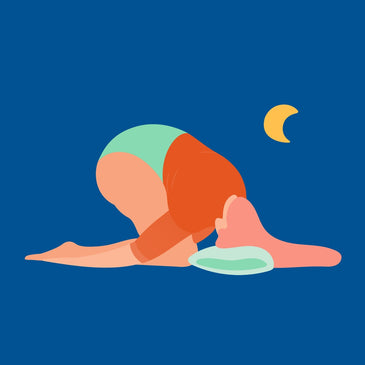Bodily does not provide medical advice, diagnosis, or treatment. The resources on our website are provided for informational purposes only. You should always consult with a healthcare professional regarding any medical diagnoses or treatment options.
What is it?
Postpartum headaches are usually caused by hormonal fluctuations. But other factors, such as sleep deprivation, stress, epidural use, and reduced food and fluid intake, can also increase your risk of getting them. Severe headaches accompanied by other symptoms (see “When Should I Be Worried” below) may be an indication of postpartum preeclampsia, which is a serious condition.
How common is it?
Very common. By some estimates, nearly 40% of women who give birth experience a headache in the first week after delivery. And according to the American Migraine Foundation, at least one in four women will experience migraines within the first two weeks after childbirth, while 50% will experience a migraine in the first month.
How long will it last?
Since they’re largely driven by postpartum hormonal changes, most headaches occur within the first week after delivery and typically go away within six weeks. According to one study, the average duration of headaches was four hours.
What can be done about it?
When headaches strike, a few things can help:
Over-the-counter pain relief
Headaches can usually be managed with an over-the-counter pain reliever like ibuprofen (Advil) and acetaminophen (Tylenol), both of which are approved by the American Academy of Pediatrics for use by breastfeeding mothers. If the pain is persistent, a doctor might recommend switching between ibuprofen and acetaminophen since they target different pain receptors.
Eat food and drink water
Staying hydrated and eating well can help keep headaches at bay. Always have a water bottle handy — try leaving one in the areas where you feed or change the baby as a reminder to drink up. Eat foods that have high water content, such as watermelon, cucumbers, salads and soups. And avoid salty foods and caffeinated drinks, which act as diuretics and can leave you dehydrated.
Get some rest
Sleep is a great remedy for headaches, so try to grab some Zzzs whenever you can. If sleep is elusive, find a dark, quiet place to rest for a few minutes. Yael Silverberg, a Certified Nurse Midwife in New York, also recommends applying a few drops of lavender oil, peppermint oil or Tiger Balm to the temples to soothe the pain.
Try magnesium
Studies show that magnesium can help decrease tension headaches. A doctor or midwife can help you determine whether you should take this supplement and at what dosage.
What can be done to prevent it?
Since most postpartum headaches are due to normal hormonal changes, they can be difficult to prevent. That said, staying hydrated and nourished post-delivery — and having OTC painkillers on hand — should help.
When should I be worried?
Most postpartum headaches are not cause for concern. But severe headaches are one of the most common signs of postpartum preeclampsia, a serious and potentially life-threatening condition that most commonly occurs within 48 hours to seven days after delivery.
Postpartum preeclampsia
Pre-eclampsia is persistent high blood pressure that develops during pregnancy or the postpartum period. It can occur before, during or after delivery, and is estimated to impact 2-8% of people in pregnancy and postpartum. It’s a serious condition that can progress rapidly and is more common in black women, women over 40 and teens. If untended, it can lead to eclampsia.
Eclampsia
Eclampsia is characterized by the onset of seizures, stroke or a coma, and can lead to death. If you are experiencing any of the symptoms below, contact an OB-GYN or midwife immediately and go to the ER. Eclampsia is one of the leading causes of preventable maternal deaths in the U.S. Be your own advocate.
Signs of preeclampsia:
- Dull or severe, throbbing headaches, often described as migraine-like that just won't go away
- Blurred vision or seeing spots
- Nausea or vomiting
- A history of high blood pressure or preeclampsia during pregnancy or delivery
- Stomach pain
- Swelling in your hands and face
- Shortness of breath





